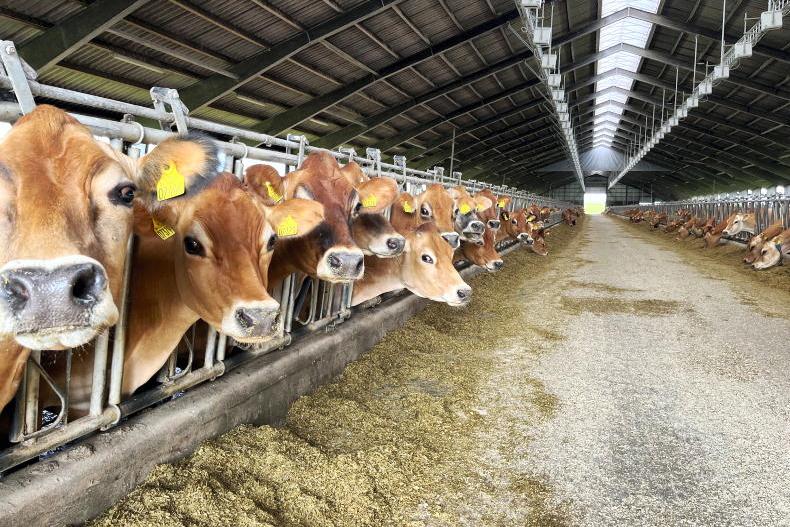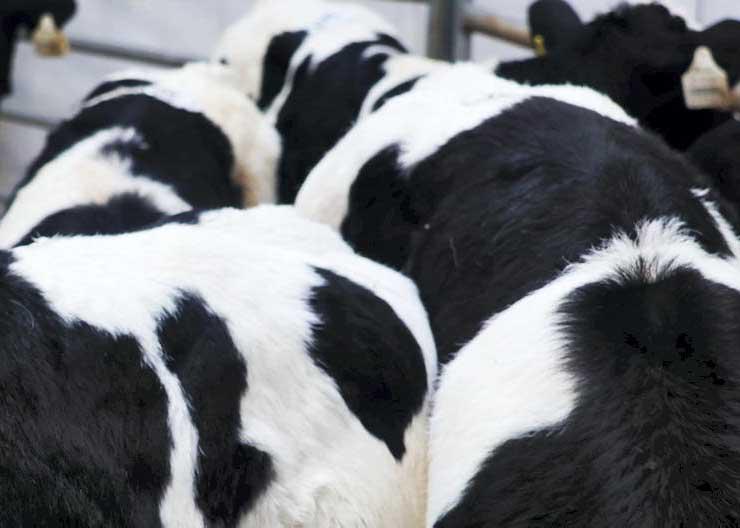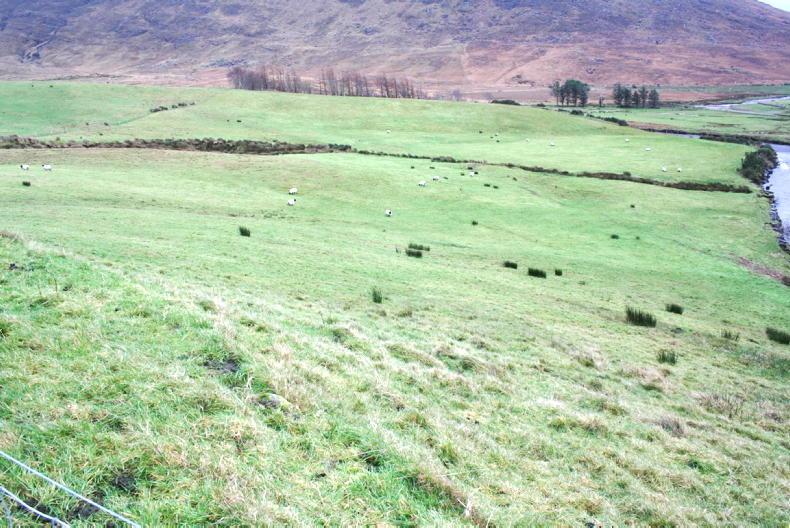The IFA has called for a carbon tariff to be introduced on all less climate efficient imports into the EU. The IFA has said that rather than introducing ineffective carbon taxes on farmers, the Government should incentivise carbon-efficient food production.
The IFA stated that carbon taxes eroded the competitiveness of Ireland’s small open economy. It said it would displace food production from carbon-efficient producers like Ireland to less sustainable producers like Brazil.
Climate plan
The proposal is included in a submission from the IFA to the Department of Climate Action and Environment as part of a public consultation for the draft National Energy and Climate Plan 2021- 2030.
This plan must be submitted to the European Commission by 31 December 2018.
The submission references the Teagasc report published over the summer, which identified strategies to potentially reduce agricultural emissions by 50%.
The IFA has called for a cross-sectoral group to be set up to deliver on that potential.
To ensure farmers achieve a sustainable income, allowing them reinvest in emission reducing technologies, the IFA has called for the appointment of an independent retail regulator. This, the IFA says, would ensure farmers receive a fairer share of the food supply chain.
Climate calculations
The IFA has also called for the calculation of climate emissions to be re-examined for two reasons:
The short-lived behaviour of methane in the atmosphere.C02 emission reductions through natural carbon sinks, such as forests and permanent pastures, should be included in the overall measurement.Finally, the proposal calls for higher prioritisation of community and farm-scale renewables. The IFA says this could be encouraged by:
The introduction of a guaranteed feed-in tariff model.Increased grid access, at node and substation level.Crowdfunding legislation and platforms.The development of regional biomass trade and logistic centres.Multiple roles
Speaking about the submission, IFA environment chair Thomas Cooney said: “This detailed submission to the Government restates the IFA’s opposition to further carbon taxes on the sector, which are directly affecting farming’s competitiveness without reducing climate emissions.
The submission also highlights the multiple and sometimes competing roles that farmers have as food, fuel and energy producers, while at the same time being required to enhance the environment and the low climate mitigating potential of the sector.”
Read more
Drystock farmers should plant forestry on their wetter fields – Department
Production can grow as greenhouse gas emissions flatline – Gleeson
The IFA has called for a carbon tariff to be introduced on all less climate efficient imports into the EU. The IFA has said that rather than introducing ineffective carbon taxes on farmers, the Government should incentivise carbon-efficient food production.
The IFA stated that carbon taxes eroded the competitiveness of Ireland’s small open economy. It said it would displace food production from carbon-efficient producers like Ireland to less sustainable producers like Brazil.
Climate plan
The proposal is included in a submission from the IFA to the Department of Climate Action and Environment as part of a public consultation for the draft National Energy and Climate Plan 2021- 2030.
This plan must be submitted to the European Commission by 31 December 2018.
The submission references the Teagasc report published over the summer, which identified strategies to potentially reduce agricultural emissions by 50%.
The IFA has called for a cross-sectoral group to be set up to deliver on that potential.
To ensure farmers achieve a sustainable income, allowing them reinvest in emission reducing technologies, the IFA has called for the appointment of an independent retail regulator. This, the IFA says, would ensure farmers receive a fairer share of the food supply chain.
Climate calculations
The IFA has also called for the calculation of climate emissions to be re-examined for two reasons:
The short-lived behaviour of methane in the atmosphere.C02 emission reductions through natural carbon sinks, such as forests and permanent pastures, should be included in the overall measurement.Finally, the proposal calls for higher prioritisation of community and farm-scale renewables. The IFA says this could be encouraged by:
The introduction of a guaranteed feed-in tariff model.Increased grid access, at node and substation level.Crowdfunding legislation and platforms.The development of regional biomass trade and logistic centres.Multiple roles
Speaking about the submission, IFA environment chair Thomas Cooney said: “This detailed submission to the Government restates the IFA’s opposition to further carbon taxes on the sector, which are directly affecting farming’s competitiveness without reducing climate emissions.
The submission also highlights the multiple and sometimes competing roles that farmers have as food, fuel and energy producers, while at the same time being required to enhance the environment and the low climate mitigating potential of the sector.”
Read more
Drystock farmers should plant forestry on their wetter fields – Department
Production can grow as greenhouse gas emissions flatline – Gleeson









SHARING OPTIONS